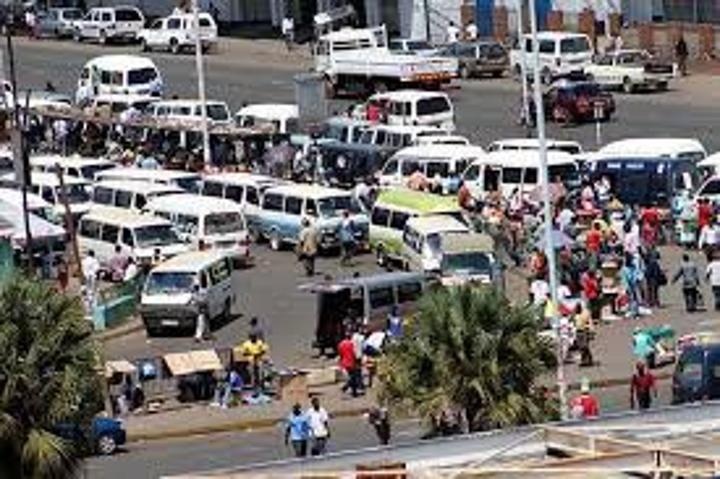Africa-Press – Zimbabwe. HARARE, the heartbeat of Zimbabwe, urgently needs a functional, integrated and sustainable public transport system.
For decades, residents have endured chaos on the roads — congestion, unsafe travel, mushrooming of pirate taxis (mishikashika) and a reliance on inefficient informal transport operators.
Yet, the vision of a world-class transport system remains a mirage.
According to the recently adopted Harare Master Plan, the City of Harare is set to ban commuter omnibuses within the next three years.
The same blueprint also enforces the immediate banning of mishikashika under Policy 110, while Policy 109 targets the phase-out of kombis by 2028.
Authorities claim this will transform the capital’s transport landscape — but history cautions us against celebrating prematurely.
Harare has walked this path before — ambitious declarations, grand plans and zero delivery.
Back in 2012, the city council launched the Harare Vision 2025, an ambitious roadmap promising to turn Zimbabwe’s capital into a world-class city by, well, this year.
It pledged sweeping reforms: a premium mass transit system, regional transport hub, state-of-the-art infrastructure, efficient water provision and decent housing.
Today, we are well past the halfway mark of 2025 and none of those promises have materialised.
Instead, the roads are more potholed than ever, water taps remain dry, infrastructure is crumbling and urban housing is in crisis.
In truth, Harare has excelled only in talking.
The city fathers have spent the past 13 years bickering over perks, allowances and prime land allocation — while utterly failing on the service delivery front.
The promise of a “world-class city” now feels like nothing more than a marketing gimmick.
In three years, when kombis are expected to vanish, the reality is likely to remain unchanged — deep-rooted dysfunction at Town House and a transit system in freefall.
To understand why, we must revisit the past.
In 2013, then Transport minister Obert Mpofu unveiled a national urban transport master plan.
For More News And Analysis About Zimbabwe Follow Africa-Press






